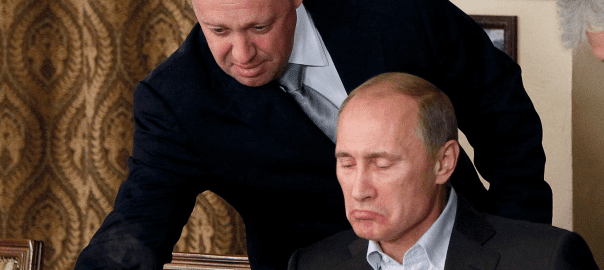Alpesh Bhudia, Royal Holloway University of London; Anna Cartwright, Oxford Brookes University; Darren Hurley-Smith, Royal Holloway University of London, and Edward Cartwright, De Montfort University
In May 2023, the Dallas City Government was hugely disrupted by a ransomware attack. Ransomware attacks are so-called because the hackers behind them encrypt vital data and demand a ransom in order to get the information decrypted.










